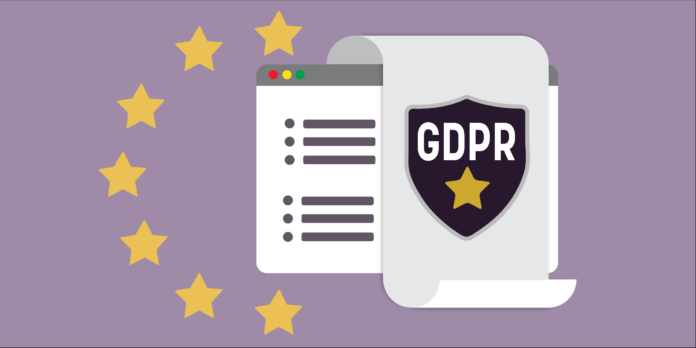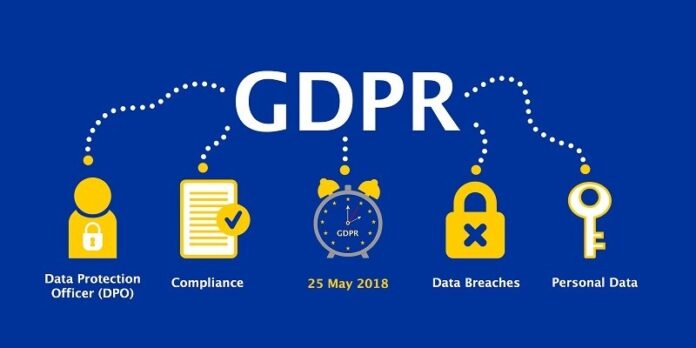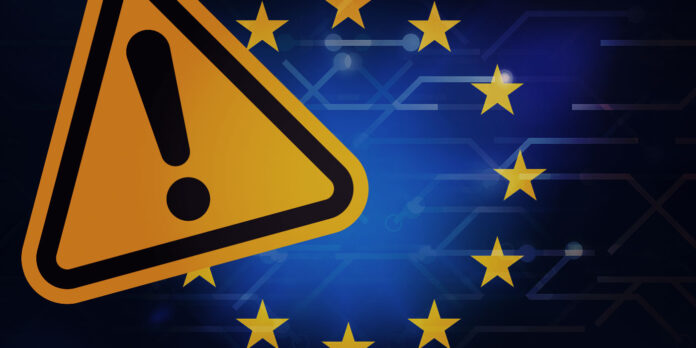The General Data Protection Regulation (GDPR) is a landmark legislation that was enacted by the European Union (EU) in 2018. Its primary objective is to protect the privacy and personal data of EU citizens.
The GDPR gives individuals more control over their personal information and imposes stringent rules on those hosting and processing this data, anywhere in the world. It aims to harmonize information protection laws across the EU, giving people better access to the information companies hold about them and regulating the export of personal data outside the EU.
Overview of Corporate Law

Corporate law, also known as company law, is a body of legal statutes, regulations, and practices that govern the formation, operation, and dissolution of corporations. It covers a broad range of topics, including corporate governance, contracts, fiduciary duties, shareholder rights, and corporate finance. Corporate law is crucial for businesses as it provides a legal framework that defines their legal structures, operations, and responsibilities and thus sooner or later you might find yourself in need of professional help attorney’s such Franci Neely can provide regarding corporate law.
GDPR’s Scope and Applicability
The GDPR applies to all organizations operating within the EU, as well as organizations outside the EU that offer goods or services to individuals in the EU or monitor their behavior. This means that even if a company is based outside the EU, if it processes the personal data of EU residents, it must comply with the GDPR. The regulation applies to both info controllers, who determine why and how personal data is processed, and information processors, who process information on behalf of controllers.
Key Principles of GDPR

The GDPR is built on several key principles. These include lawfulness, fairness, and transparency, which require businesses to process personal data legally, fairly, and in a transparent manner. The principle of information minimization mandates that businesses collect only the data necessary for a specific purpose.
The purpose limitation principle requires that businesses collect personal info for specified, explicit, and legitimate purposes and not process it further in a manner incompatible with those purposes. The accountability principle places the responsibility on businesses to comply with the GDPR and be able to demonstrate their compliance.
Impact of GDPR on Data Collection and Processing
The GDPR has significantly impacted how businesses collect, process, and store personal data. It mandates that businesses must obtain clear and explicit consent from individuals before collecting their personal information. It also gives individuals the right to access their information, correct inaccuracies, object to processing, and have their information erased in certain circumstances. Businesses must also implement appropriate security measures to protect personal info and must notify the relevant authorities and affected individuals in the event of a data breach.
GDPR Compliance Requirements for Businesses

Compliance with GDPR is not a one-time event but an ongoing process. Businesses must take several steps to achieve and maintain GDPR compliance. These include appointing a Data Protection Officer (DPO) if they conduct large-scale data processing, conducting Data Protection Impact Assessments (DPIAs) for high-risk processing activities, and maintaining detailed records of information processing activities. Businesses must also implement technical and organizational measures to ensure information security, such as encryption and pseudonymization, and must integrate data protection considerations into their product and service development processes.
Legal Obligations and Responsibilities
Under the GDPR, data controllers and processors have specific roles and responsibilities. Data controllers determine the purposes and means of processing personal info and must ensure that the processing complies with the GDPR. They are responsible for obtaining consent, responding to data subject requests, and notifying authorities and individuals of data breaches.
Data processors process personal info on behalf of controllers and must do so in accordance with the controller’s instructions and the GDPR. They must also implement appropriate security measures and assist controllers in responding to information subject requests and data breaches.
Data Breach Notification and Response

The GDPR has stringent requirements for data breach notification and response. In the event of an informational breach, businesses must notify the relevant supervisory authority within 72 hours of becoming aware of the breach, unless the breach is unlikely to result in a risk to the rights and freedoms of individuals. If the breach poses a high risk to individuals, businesses must also notify the affected individuals without undue delay. Businesses must also take steps to mitigate the impact of the breach and prevent future breaches.
International Data Transfers and GDPR Compliance
Transferring personal data across borders presents additional challenges for GDPR compliance. The GDPR restricts information transfers to countries outside the EU that do not provide an adequate level of data protection. To transfer information to these countries, businesses must implement appropriate safeguards, such as Standard Contractual Clauses or Binding Corporate Rules. They must also ensure that individuals can exercise their rights and have effective legal remedies in the event of data breaches.
Penalties and Fines for Non-Compliance

Non-compliance with the GDPR can result in severe penalties and fines. Businesses can be fined up to €20 million or 4% of their global annual turnover for the preceding financial year, whichever is higher, for serious infringements. These include violations of the basic principles for processing, such as conditions for consent, data subject rights, and international info transfer rules. Lesser infringements can result in fines of up to €10 million or 2% of global annual turnover, whichever is higher. These include violations of the obligations of the controller and the processor, such as security and data breach notifications.
GDPR’s Impact on Corporate Governance and Legal Contracts
The GDPR has profound implications for corporate governance and legal contracts. It necessitates changes in corporate governance structures to ensure informational protection and privacy are integral parts of decision-making processes. It also requires revisions to legal contracts between businesses and third parties, such as vendors and service providers, to ensure GDPR compliance. These contracts must clearly define the roles and responsibilities of each party regarding information protection and must include provisions for data breach notifications, audits, and liability.
Best Practices for GDPR Compliance and Ongoing Monitoring

To maintain GDPR compliance, businesses should adopt best practices such as conducting regular staff training on information protection, implementing data encryption and other security measures, and conducting regular compliance audits. They should also establish a robust information breach response plan and keep it updated. Ongoing monitoring is crucial to ensure continued compliance and to identify and address any potential issues promptly. Businesses should also seek legal advice to understand their obligations under the GDPR and to ensure their policies, procedures, and contracts are compliant.









